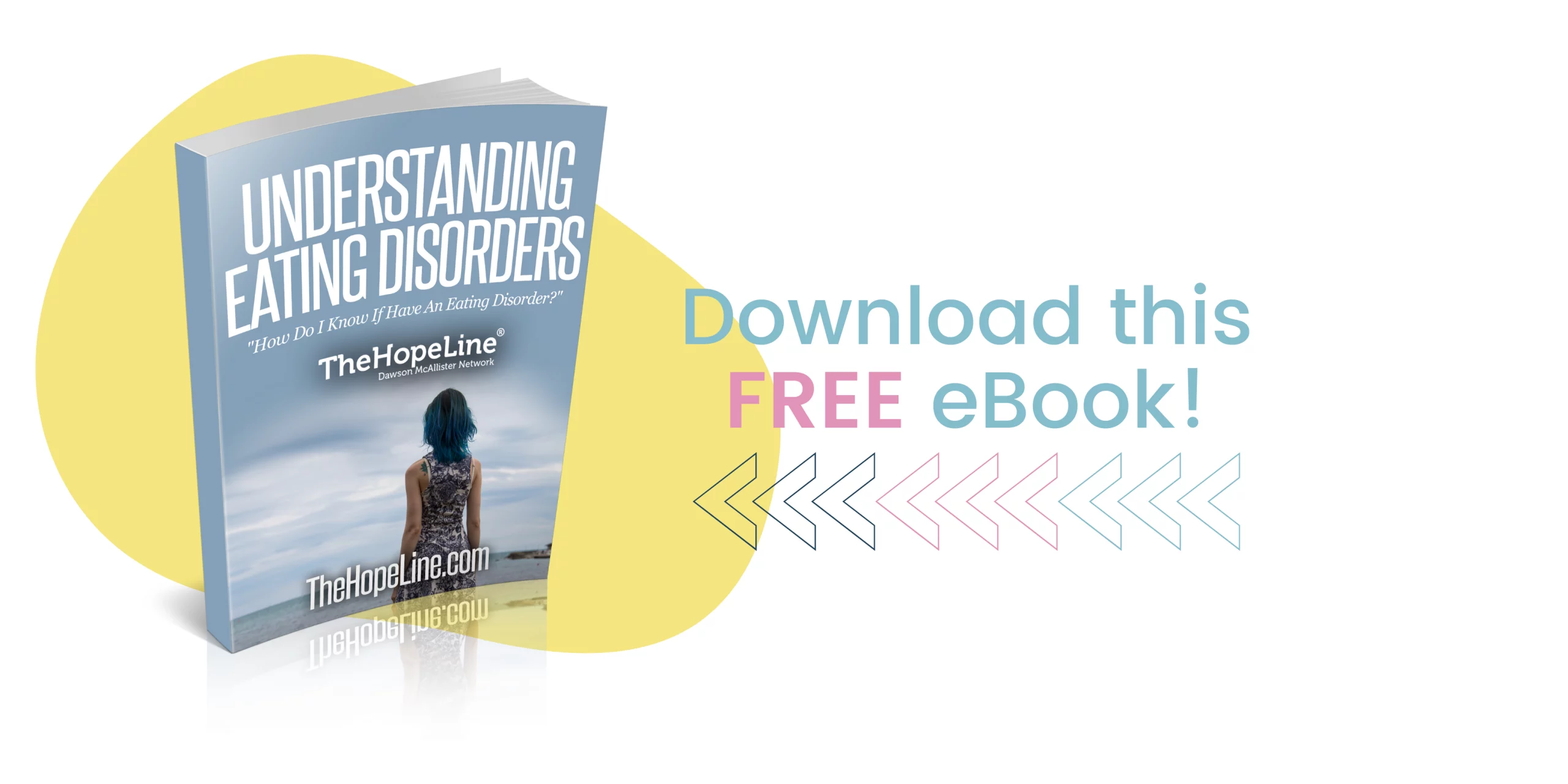OSFED Is the Most Common Eating Disorder
OSFED stands for Other Specified Feeding or Eating Disorder – This is a classification given to a person who has symptoms of disordered eating or an eating disorder but does not present with all the symptoms of anorexia nervosa, bulimia nervosa, or binge eating disorder. For example, OSFED may be used with someone who presents with symptoms of anorexia nervosa but don’t have “low body weight” or someone could have all symptoms of bulimia nervosa but don’t experience the frequency of binging/purging needed to be diagnosed with bulimia.
The following are some examples of presentations that would be given a diagnosis of OSFED:
- Atypical Anorexia Nervosa – The person would present with the behaviors of anorexia but without the low body weight.
- Bulimia Nervosa of lower frequency than required to meet a diagnosis of bulimia nervosa.
- Binge Eating Disorder of lower frequency than required to meet a diagnosis of binge eating disorder
- Purging Disorder – Unlike bulimia nervosa, the person will purge without bingeing.
- Night Eating Syndrome – People who struggle with eating a significant amount after dinner, sometimes waking up to eat.
Signs and Symptoms
OSFED is the most common eating disorder. People of all gender identities, sexual orientations, races, cultural and economic backgrounds can be affected by these eating disorders. Many experience very disordered eating habits, an intense fear of weight gain, a distorted body image and are overly conscious about their weight and body shape.
Physical signs may include weight change, dehydration, low energy, moodiness, a compromised immune system due to nutrient deficiency and amenorrhea (absence of a menstrual period). Psychological signs can include a preoccupation with food and body shape, dissatisfaction with body shape and weight and heightened anxiety levels or stress around mealtimes. Dieting behaviors, eating unusual food combinations, or at unusual times like waking up in the night to eat, avoiding social events, compulsive exercising and obsessive or ritualistic behavior regarding food and eating are also signs of OSFED.
People suffering from OSFED can experience similar complications to those diagnosed with other eating disorders. Kidney failure, osteoporosis, irregular heartbeat, decreased fertility and inflammation of the esophagus are all potential problems for those that suffer from OSFED.
Some people hold the mistaken belief that OSFED is less serious or feel less entitled to receive help than those who meet the full criteria for anorexia or bulimia. OSFED can be every bit as serious as anorexia nervosa in the areas of eating pathology, physical complications, and other mental health problems such as depression and anxiety. If you or a loved one meets some but not all of the criteria for anorexia, bulimia, or binge eating disorder, it is still important to seek help. Similarly, if a medical professional has told you that your problems are not severe enough to warrant help, do not stop there. If you are struggling with eating and body image issues, it is serious enough to get support.
Treatment For Other Specified Feeding or Eating Disorders
Recovery is possible and seeking support with a treatment team consisting of a medical doctor, licensed therapist, and registered dietitian who specializes in eating disorders is recommended. It is never too late to seek treatment. Many who have struggled with eating and body image issues for years and decades have been able to make a full recovery. All eating disorders, at any weight, are serious, potentially deadly and can have long-term complications if they remain untreated. If you are concerned that yourself or someone you know is suffering from OSFED it is vitally important that professional treatment is sought as soon as possible.
This article was originally published at Mirror Mirror Eating Disorder Help.
Read Aly's Story:
Aly was struggling with OSFED when she chatted with TheHopeLine. With higher body weight, she didn't fit the typical profile for someone with anorexia. She felt no one listened or understood her struggle with food. Read how Aly's struggle with OSFED started and how it progressed over the years to a point where she was ready to end it all.



